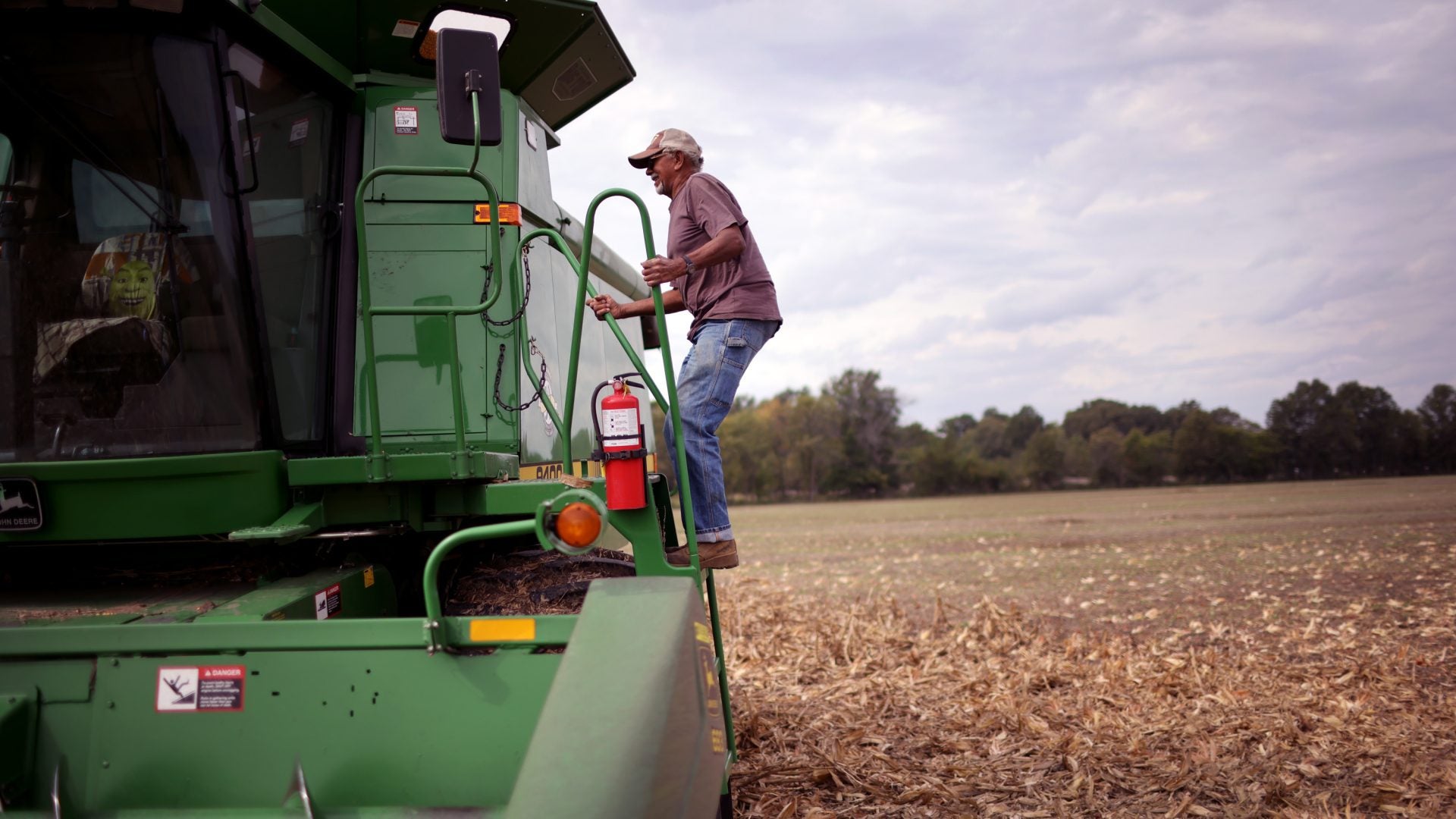
The U.S. Department of Agriculture (USDA) is finally taking steps to address decades of discrimination, awarding $2 billion to Black and other minority farmers.
President Biden made this historic announcement on Wednesday, with Tom Vilsack, USDA Secretary, who stated that this award “is not compensation for anyone’s loss or the pain endured, but it is an acknowledgment by the department.” Historically, the USDA’s discriminatory practices included “refusing to process loans from Black farmers, approving smaller loans compared to white farmers, and in some cases foreclosing quicker than usual when Black farmers who obtained loans ran into problems.”
Legal Defense Fund (LDF) President and Director-Counsel Janai Nelson released the following statement, commending this decision. “We commend the Biden Administration’s continued commitment to correct past wrongs and acknowledge the federal government’s critical role in providing recompense for its own discrimination. When more information emerges about the distribution of these payments and their impact, we will work to ensure the agency upholds its commitment to further remedying the effects of discrimination in farming, especially as it relates to serving the needs of Black farmers.”
More than 23,000 farmers are receiving direct payments, but National Black Farmers Association Founder and President John Boyd Jr. wants more—”We want our land, and I want to be very, very clear about that.”
Payments range from $3,500 to $500,000, with majority of the funds being dispersed via checks sent out this week to farmers in Alabama and Mississippi.
But “It’s like putting a bandage on somebody that needs open-heart surgery,” says Boyd.
Furthermore, applying for aid is not simple—according to Reverend Jermaine Walker, Farmer of the Year with Family Farms, there is a 40-page application consisting of several categories and “recording any form of discrimination against you,” WBTW reports.
“At a point in time where it costs so much, where people are just barely holding on to their operation, to the family land trying to survive to get it turned over to another generation, it’s very important that these funds get out to the community, to those farmers, to assist with some of those needs,” stated Walker.
Even though this award amount is significant, whether or not it atones for all the hardships these farmers have faced is unclear.
“The African American numbers are dwindling drastically,” Walker added, “and if it continues that way, there will be [little to zero] African Americans or minorities in agriculture.”
Clarendon County farmer Christian Richb’urg said, “I just don’t want it to be a one-time payout and then they go back to treating us like they always have.”
